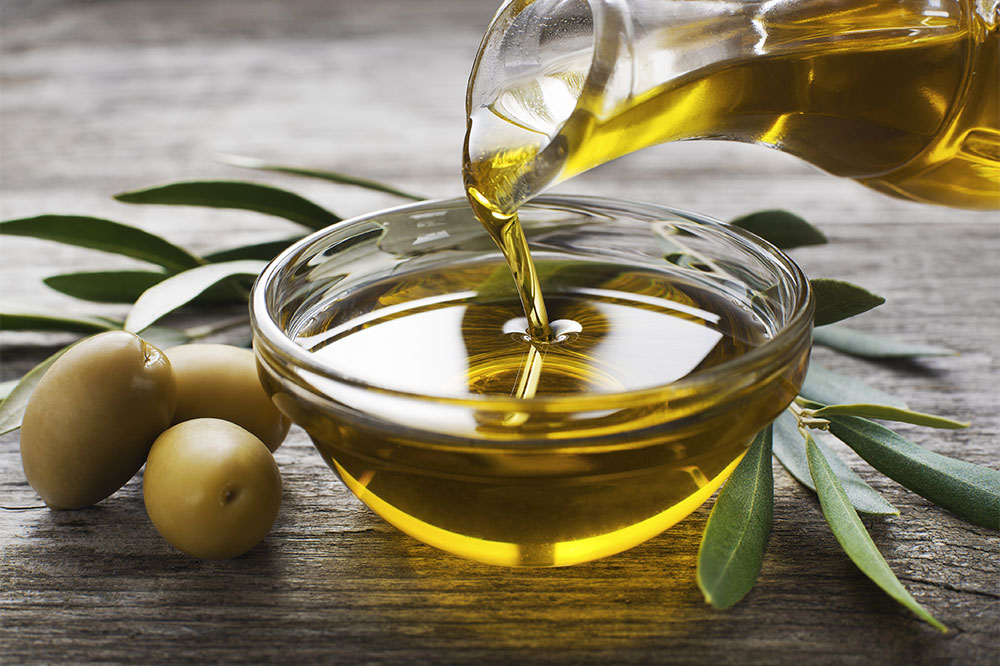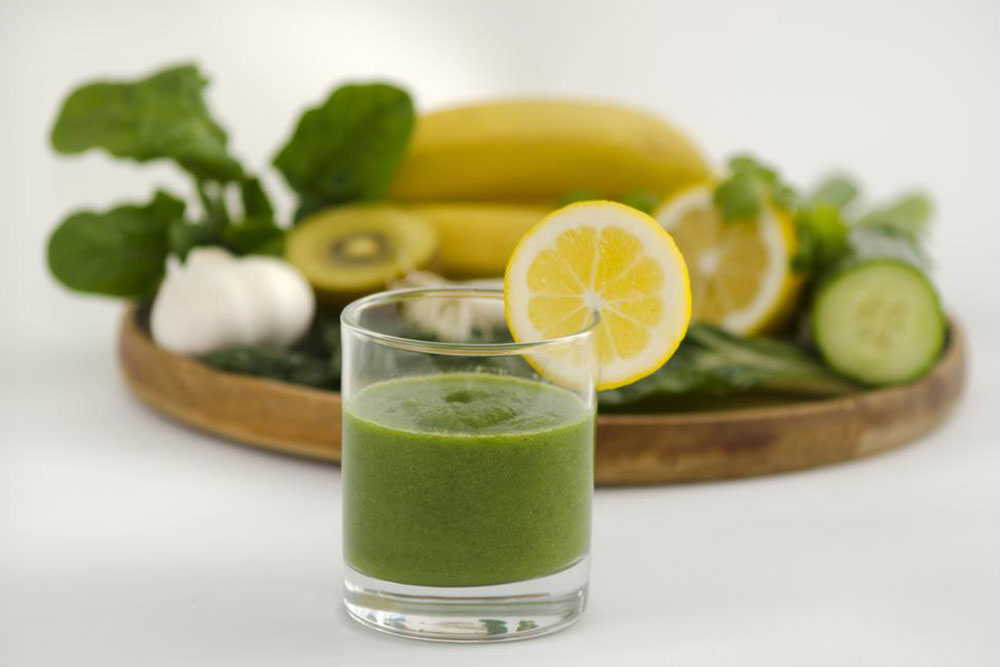Nutritional Strategies for Managing Inflammatory Arthritis Symptoms
Discover effective dietary strategies to manage inflammatory arthritis symptoms. Incorporate omega-3 rich fish, nuts, fruits, vegetables, and olive oil into your routine to reduce joint inflammation. These nutritional choices can help alleviate pain and improve joint health, enhancing your quality of life despite chronic arthritis conditions.
Sponsored

Dietary Tips for Individuals with Inflammatory Arthritis
Dietary Strategies for Managing Inflammatory Arthritis
Arthritis encompasses a variety of joint-related conditions characterized by pain and inflammation, commonly referred to as inflammatory arthritis. As a chronic illness with no definitive cure, effective management includes medication, gentle exercise, and an anti-inflammatory diet.
This article explores ideal dietary choices that may alleviate arthritis symptoms by reducing joint inflammation. Healthcare professionals suggest specific foods that can help lessen pain and improve joint health.
Outlined below are key foods and their benefits for individuals with inflammatory arthritis.
Fatty Fish
Rich in omega-3 fatty acids, certain fish such as salmon, mackerel, herring, sardines, anchovies, and scallops are highly recommended. The American Heart Association and dietitians advise consuming at least two servings weekly to help fight inflammation. Studies indicate omega-3s lower inflammatory markers like C-reactive protein and interleukin-6, aiding in symptom reduction.
When fish intake isn’t possible, omega-3 supplements can be a suitable alternative.
Seeds and Nut Varieties
Seeds and nuts are praised for their anti-inflammatory benefits. Research over 15 years shows that higher nut and seed consumption correlates with a 51% reduction in death from inflammatory diseases. Nuts like walnuts, pine nuts, pistachios, and almonds provide vitamin B6 and monounsaturated fats that combat inflammation, making them valuable in an arthritis-focused diet.
Plant-Based and Fruit-Heavy Diet
Consuming abundant fruits and vegetables provides antioxidants that neutralize free radicals, reducing joint cell damage. Vitamin C-rich citrus fruits support healthy joints, while purple and red fruits like cherries contain anthocyanins—powerful anti-inflammatory compounds. Vegetables such as broccoli, spinach, kale, and cabbage also contain vitamin K, which is beneficial for reducing arthritis symptoms through its anti-inflammatory properties.
Olive Oil
Unlike other oils that might promote weight gain, moderate daily intake of extra virgin olive oil (about 2-3 tablespoons) can significantly decrease joint inflammation. Its oleocanthal compounds mimic the effects of NSAIDs like ibuprofen, reducing inflammatory enzyme activity and easing pain. Olive oil’s heart-healthy fats make it a smart addition to an anti-inflammatory diet.
Legumes and Whole Grains
Incorporating beans and whole grains can help lower inflammation. These foods reduce C-reactive protein levels, a marker of inflammation, improving overall joint health.
While arthritis may not be fully curable, adhering to an anti-inflammatory diet can improve quality of life by minimizing pain and enabling daily activities with less discomfort.






